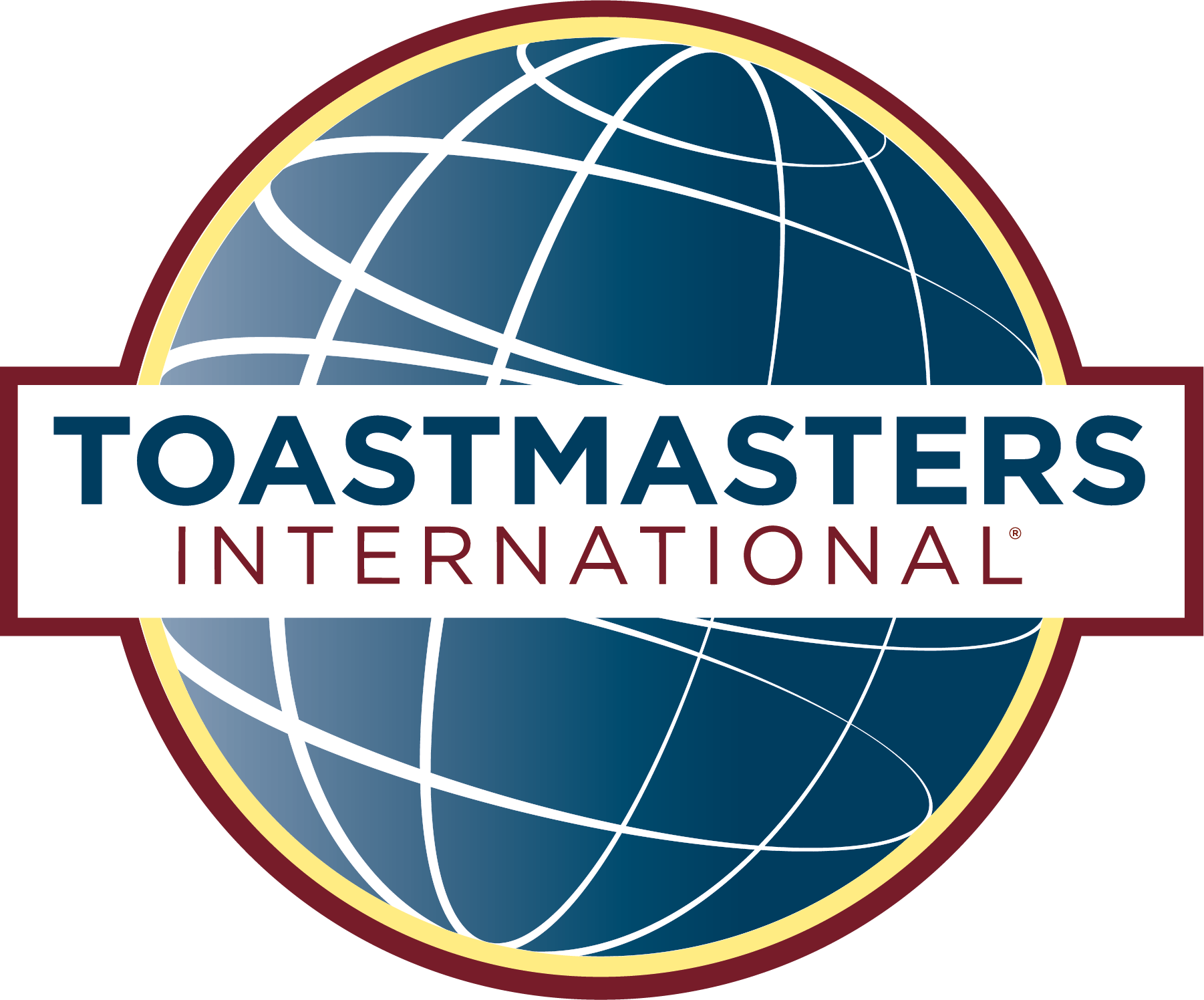Taking on this role improves critical thinking, organization, time management, motivational and team-building skills.
The General Evaluator evaluates everything that takes place during the club meeting. In addition, the General Evaluator conducts the evaluation portion of the meeting and is responsible for the evaluation team: the speech evaluators, Ah Counter, grammarian and timer.
As General Evaluator you:
- Ensure other evaluators know their tasks and responsibilities.
- Explain the purpose and benefits of evaluations to the group.
- Identify and confirm meeting assignments with the Timer, Grammarian and Ah-Counter.
- Confirm the club meeting program and/or checklist with the Toastmaster.
- Introduce Speech Evaluators.
- During the meeting, take notes and report on all club proceedings to evaluate things such as timeliness, enthusiasm, preparation, organization, performance of duties, etc.
- Calls for final reports from the Ah-Counter, Grammarian, and Timer.
- Manages time, keeping evaluations and reports within the stated time on the Agenda.
- Gives a short overview of Best Practices used and suggestions for improvement.
- Turns meeting over to President for club business/education.
Just Before Meeting:
- Review the Agenda so you know who is responsible for various roles in the Evaluation segment.
- Be sure Speech Evaluators and other functionaries are present and know their responsibilities. Notify the Toastmaster if anyone needs a substitute.
- Ensure that Speech Evaluators have the proper speaker’s manual and other functionaries have their guidelines and tools. When we meet in person they have handed off their CL manuals to others to be evaluated on their roles.
- Get a copy of the GE Checklist from the Sergeant at Arms.
During Meeting:
- Take notes throughout the meeting, referring to the GE Checklist and Agenda.
- Before you report, decide what to comment on: A couple of things that were well done and valuable, and a couple that could be improved.
When called upon:
- You will be introduced by the Toastmaster after Table Topics. Greet them with a handshake (if in person).
- Explain your role in leading the evaluation portion and the benefits of evaluations and feedback.
- Introduce Speech Evaluators and note the speaker they are evaluating.
- Call for Reports from the Ah Counter, Grammarian, and Timer.
- Give your evaluation. Don’t comment on Prepared Speeches, instead focus on functional portions of meeting, time management, and helping us notice and improve best practices as stated in these functionary descriptions. esp Toastmaster, TopicsMaster, Sergeant-at-Arms, and other functionary roles.
Examples:
Explain Role
“The evaluation portion of our meeting is where we give feedback, highlighting what we did particularly well, and making suggestions for improvement. We will begin with the Speech Evaluators”
Introduce Speech Evaluators:
“Our first evaluator is ____, for ______’s speech.”
Call for Reports:
“I would now like to call for reports from our Ah Counter and Timer. ___ will you please give us your report on how we did on time.”
Give General Evaluation:
“The ___ showed excellent time management skills as they…. We might prepare the room a little better by… We can also try to ____ to make the _____ run smoother and help us end on time”
After the Speech Evaluators and Reports:
Give your brief report on how participants carried out their roles (e.g. time management, preparation, organization, etc.) acknowledging positive habits and suggesting improvements on areas such as:
- Mention a couple of aspects that were done well and a couple of areas where we have room for improvement.
- Time management: keeping individual sections and meeting as a whole in line with the agenda.
- All functionaries had their tools and guide sheets.
- Performance of Toastmaster, Table TopicsMaster, Timer, Grammarian, Ah Counter. Do not comment on speakers, since that is the job of the Speech Evaluators.
- Be prepared to turn over the meeting to the President, or other officer, 5 minutes before meeting ends, per the Agenda. Be clear in advance who you are introducing to close the meeting.
Invite the President to Close the Meeting
- Greet them with a handshake and take a seat. (If in person.)
- Other officers may be presenting the closing, so be aware in advance who is scheduled to close.
Time Management:
- Preparation is the key to staying on time.
- Encourage your functionaries to keep reports as brief as possible.
- Watch the timer for minimum time and be prepared to wrap up quickly when you see the yellow flag.
- Stop speaking when you see the red flag.
General Evaluator Resources
General Evaluator Checklist
Understanding the Role of General Evaluator
